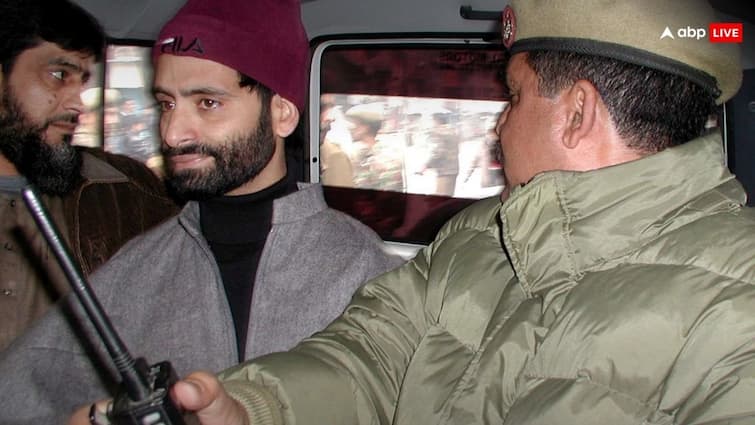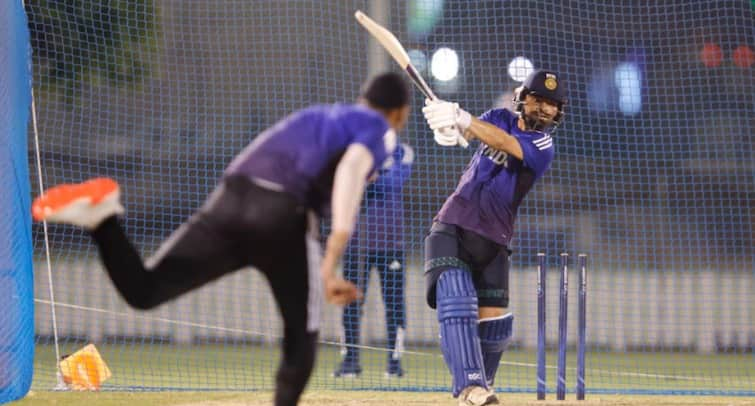In a dramatic twist to India’s counterterrorism and peace diplomacy narrative, jailed Jammu and Kashmir Liberation Front (JKLF) chief Yasin Malik has alleged that former Prime Minister Manmohan Singh personally expressed gratitude to him after he met Lashkar-e-Taiba (LeT) founder and 26/11 mastermind Hafiz Saeed in Pakistan in 2006.
According to a report by NDTV, the claim was made in an affidavit filed before the Delhi High Court on April 25. Malik, who is serving a life sentence in a terror-funding case, insists that the meeting with Saeed was not his independent initiative but part of a backchannel peace process facilitated by Indian intelligence officials.
The Alleged Role Of Intelligence Bureau
According to Malik’s affidavit, the plan was set in motion by then Special Director of the Intelligence Bureau (IB), V. K. Joshi. Ahead of Malik’s visit to Pakistan following the devastating 2005 Kashmir earthquake, Joshi allegedly urged him to engage not only with Pakistan’s political leadership but also with hardline terror leaders.
Malik claimed Joshi told him that peace talks with Islamabad would not succeed unless militant voices were also included. Acting on this request, he said, he agreed to meet Saeed and members of the United Jihad Council at a gathering in Pakistan.
Inside The Meeting With Hafiz Saeed
Malik described the encounter as tense but crucial. He said Saeed had organised a gathering of jihadist groups, where he was invited to speak. During the meeting, Malik claimed he urged militants to embrace peace, quoting Islamic teachings that encouraged reconciliation over violence.
“If somebody offers you peace, purchase peace with him,” Malik reportedly told the gathering.
Years later, however, that same meeting was used as evidence to portray Malik as being close to Pakistani terror outfits. In his affidavit, Malik branded it a “classic betrayal,” insisting it had been an officially sanctioned initiative later twisted for political purposes.
Manmohan Singh’s Alleged Response
The most explosive part of Malik’s testimony centers on what happened when he returned to New Delhi. After a debriefing with the IB, Malik said he was asked to meet Prime Minister Singh directly.
That evening, Malik claims, he briefed Singh in the presence of then National Security Advisor M. K. Narayanan. According to Malik, the Prime Minister thanked him for the time, patience, and dedication he had shown by engaging even the most hardline elements in Pakistan.
Malik went a step further, alleging that Singh told him: “I consider you father of the non-violent movement in Kashmir.”
He also referred to a photograph of himself shaking hands with Singh, saying it underscored the legitimacy of his role in the backchannel dialogue.
Malik’s Links With Political Leaders
In his affidavit, Malik detailed his interactions with several Indian leaders over the years, including Atal Bihari Vajpayee, Sonia Gandhi, P. Chidambaram, I. K. Gujral, and Rajesh Pilot.
“After my arrest in 1990, I was actively engaged by six consecutive dispensations,” Malik wrote, naming prime ministers from V. P. Singh to Manmohan Singh. He claimed that successive governments not only gave him a platform to speak about the Kashmiri cause domestically but also encouraged him to represent it internationally.
Political And Historical Fallout
If Malik’s claims are accurate, they could open a Pandora’s box about India’s covert peace strategies with Pakistan in the mid-2000s. His assertion that a sitting Prime Minister of India thanked him after meeting one of the world’s most wanted terrorists is likely to ignite a fierce political debate.
Malik’s past continues to cast a long shadow. He stands accused of killing four Indian Air Force officers in 1990, as well as involvement in the kidnapping of former Union Home Minister Mufti Mohammad Sayeed’s daughter, Rubiya Saeed. The Kashmiri Pandit community has long held him responsible for the brutal ethnic cleansing and mass exodus that scarred the Valley in 1990.



